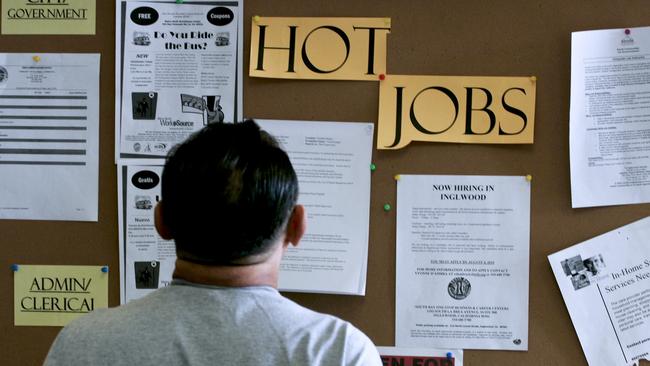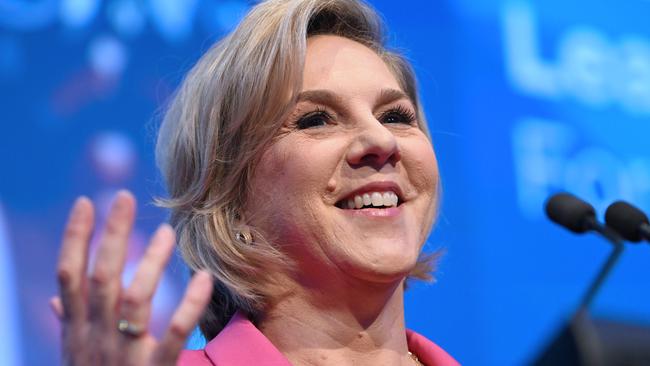Bosses sharpen the sacking axe
CEOs are looking at redundancy and restructuring options as they seek to cut staff costs in increasingly tough times for the Australian economy, says a top employment expert.

Is the Great Resignation about to make way for the Great Sacking?
Accounting giant PwC forecast in 2021 that Australia was on the brink of ‘The Great Resignation’ with 38 per cent of Aussie workers looking for a new job amid labour shortages due to the Covid-19 pandemic. Veteran Brisbane employment lawyer Jonathan Mamaril says the tables have now turned in the bosses’ favour.
Mamaril (illustrated) forecasts wages will fall and retrenchments rise as businesses look to correct a culture of staff overpayment, which became the norm following Covid-19. Mamaril tells your diarist that with unemployment rates at historic lows throughout 2022, desperate businesses were forced to pay significantly above market rates to secure staff.
The NB Employment Law director says that has all changed with mid-to-large sized businesses exploring their redundancy and restructuring options as the seek to cut costs.
“The first major wave of the wages correction cycle is likely to hit just before Christmas, extending into the first quarter of 2024,” Mamaril says. “Overpaid employees will be the first on the chopping block. In many instances, desperate businesses were forced to pay 30 per cent above industry and job level averages to secure staff.”

Mamaril adds that organisations have recognised they can operate a leaner business model, by cutting overpaid staff and outsourcing non-revenue producing departments including administration, human resources and marketing.
“Businesses are still happy to pay top dollar for highly skilled and experienced staff who deliver results, however, with redundancies and restructures on the horizon, it’s highly likely overpaid staff will be on the chopping block,” he says. “The staff overpayment days of last year, where employees dictated conditions and salary expectations are over.”
He says early warning signs of the wages and conditions correction have already begun, with a growing number of businesses offering redundancies, while some of Australia’s big banks have enacted return-to-office policies.
It comes as property giant Lendlease on Tuesday announced it would cut 10 per cent of its global workforce.
Not everyone agrees the good times are over for workers. Bond University’s Dr Libby Sander says the pandemic has changed workers’ priorities, with many placing much greater value on their own mental and physical health, family time, travel and the ability to enjoy personal hobbies and interests than they had before. She argues work is no longer chief priority for many people, and this was especially the case for younger workers.
Your diarist wonders however if older people with mortgages and children in school have the luxury to consider work an option in their lives.
Brain gain
A who’s who of the digital world is flying into Brisbane this week for the inaugural National Tech Summit. The two-day event at Howard Smith Wharves from Thursday will feature Atlassian co-founder Scott Farquhar, Tesla chair Robyn Denholm, TechnologyOne chief executive Ed Chung,serial tech entrepreneur Bevan Slattery, Go1 co-founder Vu Tran, Google Australia boss Mel Silva and Australia’s chief scientist Cathy Foley.
The sold out event will hear how the leaders of Australia’s tech sector have manoeuvred through the fluctuating cycles of tech sector investment and innovation and led companies during periods of both downturns and upswings.
More Coverage








To join the conversation, please log in. Don't have an account? Register
Join the conversation, you are commenting as Logout